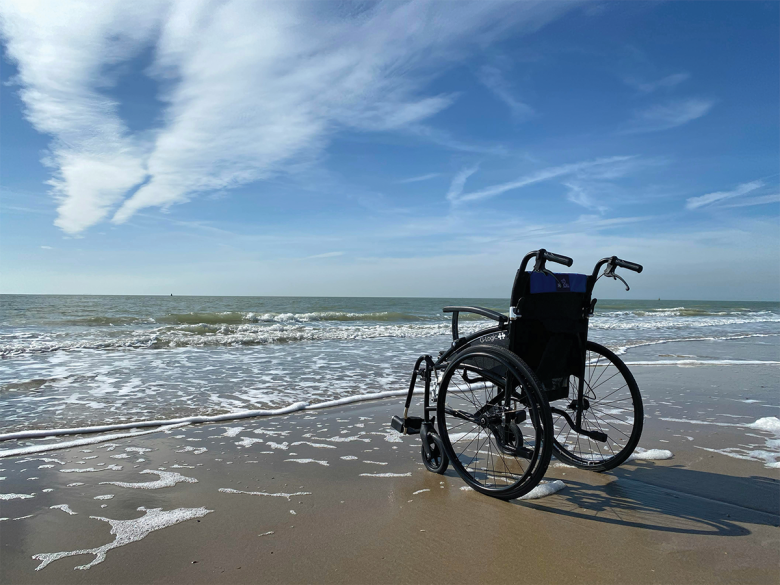Queenslanders with disability are largely feeling happy and supported, but continue to face barriers in work, education and accessibility, according to the 2025 Voice of Queenslanders with Disability Report.
This year’s survey heard from just over 700 people from across Queensland.
In positive news, more than 48 per cent of respondents said they had the paid support they need, up from 32 per cent in 2024. Close to 60 per cent said they were healthy, and 83 per cent had access to a good GP.
80 per cent of respondents said they have a plan for staying safe during disasters, compared to 64 per cent in 2024. 70 per cent said they feel happy, up from 66 per cent in 2024, and 80 per cent said others in the community treat them well, an increase of 9 per cent from last year.
Is life better for Queenslanders with disability?
The number of people with disability who feel life is better than last year decreased to just 18 per cent, down from 24 per cent, while 38 per cent of people said the lives of Queenslanders with disability are getting worse.
Less than half of respondents – 47 per cent – said they have enough money to live well, down from 53 per cent in 2023 but a small increase from 46 per cent in 2024. Only a third of participants said they have a good job, down from 43 per cent in 2024.
Reasons for feeling a job is bad included lack of career progression, not getting necessary workplace adjustments, and feeling the need to mask or hide disability.
Accessible public transport continues to be a concern, with 38 per cent of participants saying they can ‘rarely’ accessible public transport when they want to, and 21 per cent saying they can only access it ‘sometimes’. Participants shared stories of lack of footpaths for getting to the shops, and the cost of living crisis impacting what they can do.
And participants said while access to paid support has improved, it’s hard to get more support, which can negatively impact on mental and physical health. Others shared their troubles with accessing the NDIS, or getting support from the NDIS for a specific disability. Almost 60 per cent said they wanted access to the NDIS to be an easier process, while 53 per cent want more flexibility in how they use their funding.
The Paralympic legacy
The report comes at an interesting time for the state.
Brisbane is preparing for the 2032 Olympic and Paralympic Games, with much attention on how the Paralympics will transform the state for people with disability and how any changes can be made permanent, to leave a legacy of accessibility.
The survey asked people with disability what projects would leave that legacy and what changes they would like to see to make it easier to access and participate in large events in 2032. Responses included frequent, low-cost and accessible transport, accessible infrastructure, and housing accessibility and affordability.
The 2032 Olympic and Paralympic Games aim to be the most accessible in history.
Lead author of the report, Griffith Inclusive Futures: Reimagining Disability and Hopkins Centre Research Fellow Dr Kelsey Chapman, said the games are a transformational opportunity for people with disability in the state.
“The 2032 Olympic and Paralympic Games present a once-in-a-generation opportunity to create a meaningful legacy of inclusion, and through co-design with people with lived experience, we can address complex challenges and build responsive, respectful and effective systems,” she said.
Read the full report on the Queenslanders with Disability Network website.

